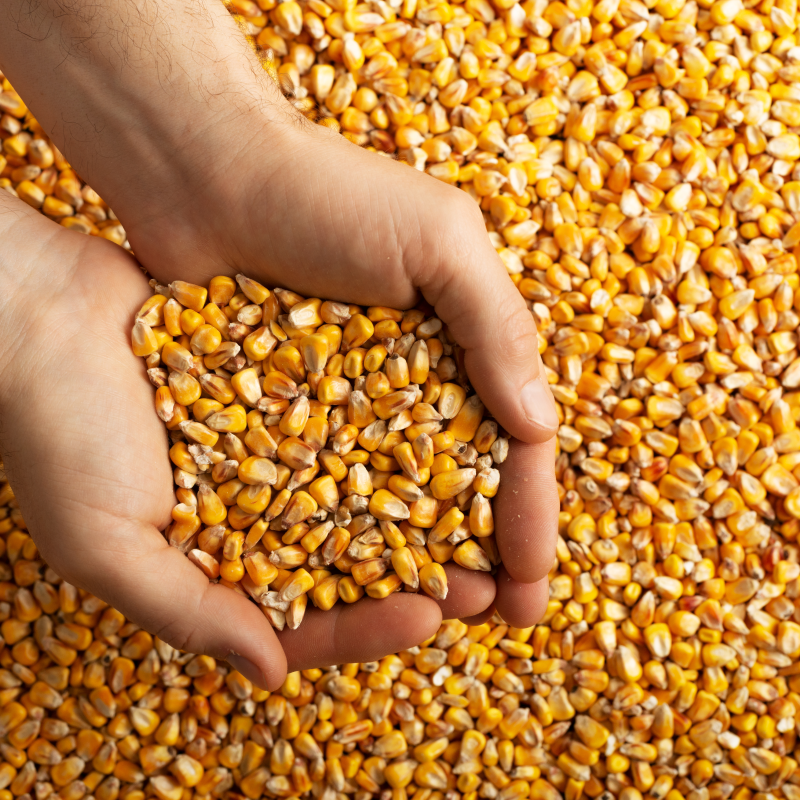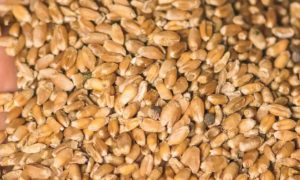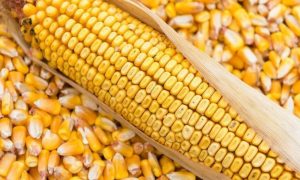Farmers urged to adopt new seed varieties

Valley Seeds urges farmers to adopt hybrid seed varieties to boost yields, resist disease, and adapt to climate change. Chief Agronomist Tinashe Bvukubwe clarified hybrids aren’t GMOs and offer long-term benefits despite yearly costs. With Zimbabwe’s maize seed market evolving, farmers are encouraged to balance tradition with innovation for greater resilience and sustainability in the face of climatic challenges.
SEED producer, Valley Seeds has urged farmers to adopt new seed varieties and stay informed about agricultural innovations and technologies, to remain resilient against the impacts of climate change.
The agricultural sector has undergone significant transformation due to changing climatic conditions, prompting the introduction of new seed varieties.
However, the shift has met with mixed reactions from farmers, many of whom have traditionally relied on retained maize seeds.
In an interview, Valley Seeds’ Chief Agronomist, Mr Tinashe Bvukubwe, said the introduction of hybrid seeds was aimed at boosting productivity and promoting sustainability within the sector. He clarified that hybrid seeds are not genetically modified organisms (GMOs), addressing a common misconception, among farmers.
“There are different types of maize seeds and farmers must understand everything about them to make informed decisions when choosing, which ones to plant,” said Mr Bvukubwe.
Zimbabwe’s seed market is dominated by hybrid seeds and open-pollinated varieties (OPVs), while some farmers continue to rely on retained seeds.
Mr Bvukubwe explained that retained seeds are maize grains saved from a previous harvest for replanting, whereas hybrid seeds result from the cross-breeding of two distinct parent lines to produce offspring with desired traits.
“Open-pollinated varieties, although similar to retained seeds, undergo a selection process, where seeds from plants with poor traits are removed during harvesting and stocking,” he said.
Mr Bvukubwe highlighted the numerous advantages of hybrid seeds, including improved efficiency, disease resistance, higher yields, adaptability to different environments and enhanced drought tolerance.
“Although hybrid seeds undergo genetic modification traits through natural cross-breeding, they have consistently been associated with better yields,” he said.
Mr Bvukubwe acknowledged that the cost of hybrid seeds, which must be purchased each season as they cannot be reused, is a concern for many farmers.
However, he urged farmers to focus on the long-term benefits of improved yields rather than the immediate cost.
“The only reason farmers may hesitate to buy these seeds is that they cannot be reused, requiring annual purchases, which can be costly. But the gains in yield and resilience far outweigh these concerns,” said Mr Bvukubwe.
He also noted that Valley Seeds is committed to maintaining seed autonomy for farmers, by producing small grains such as sorghum.
Mr Bvukubwe pointed out that many farmers are still adjusting to changes in the maize seed market, making it important for them to retain control in other areas of their farming activities.
“We encourage farmers to continue planting traditional grains while adapting to changes in the maize sector. Being knowledgeable about maize seed varieties will go a long way in strengthening the agricultural sector,” he said.
To Read more about Maize News continue reading Agriinsite.com
Source : Herald Online
















